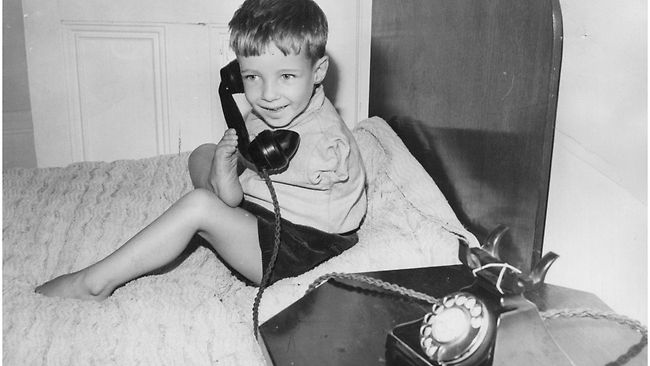Thalidomide: ‘Darkest chapter’ in Australia’s medical history
Their lives were irreversibly damaged by a so called “wonder drug”. It’s now described as our biggest medical scandal.
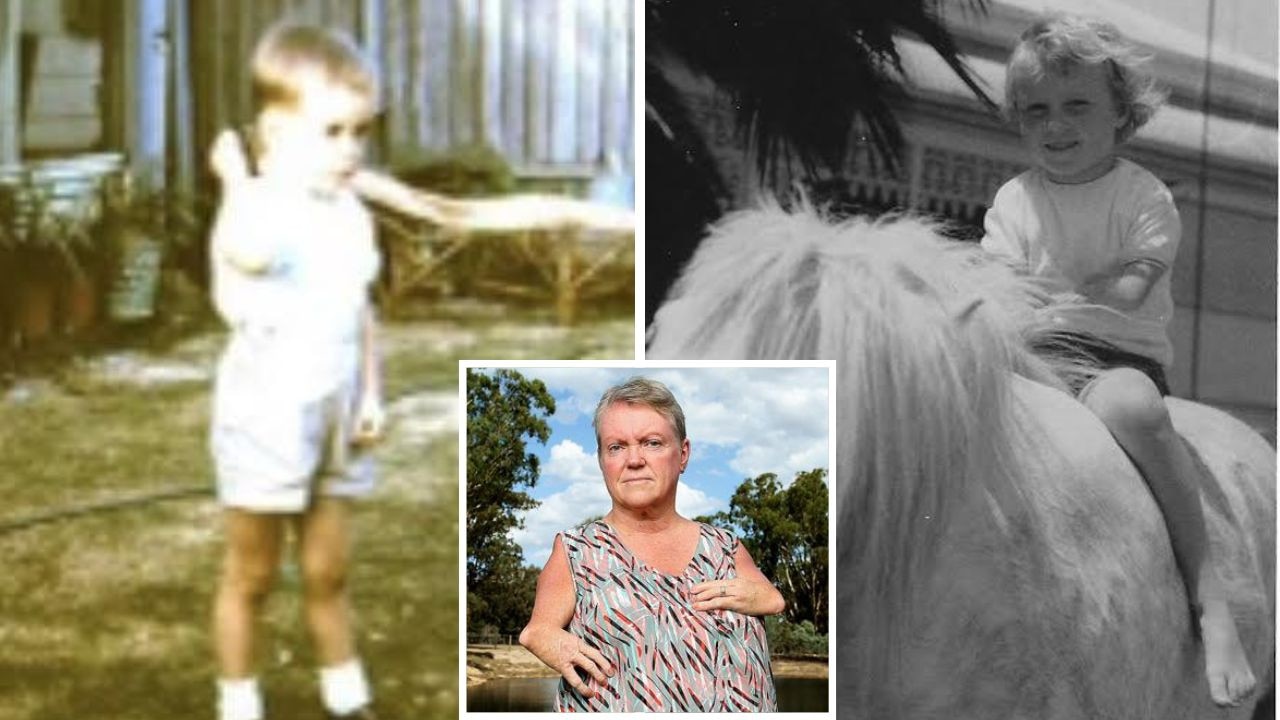
“Bittersweet”.
That’s the way Lisa McManus described an apology on Wednesday in parliament by Prime Minister Anthony Albanese to thalidomide survivors and their families.
For Ms McManus it was deeply personal. She fought for ten hard years for it.
And she believes it was “heartfelt”, she told news.com.au, particularly because it was backed up by further financial assistance for survivors, but it was also “confronting”.
It was impossible not to look around at the 80 or so survivors who had gathered with their families and see “the degrees of damage done by thalidomide”.
What was thalidomide?
Thalidomide was marketed as a wonder drug in the early 1960s to pregnant women.
It proved anything but.
The drug was used in Australia and 45 other countries around the world.
Just one pill could damage any tissue or organ, with the most common side effect being missing or underdeveloped limbs.
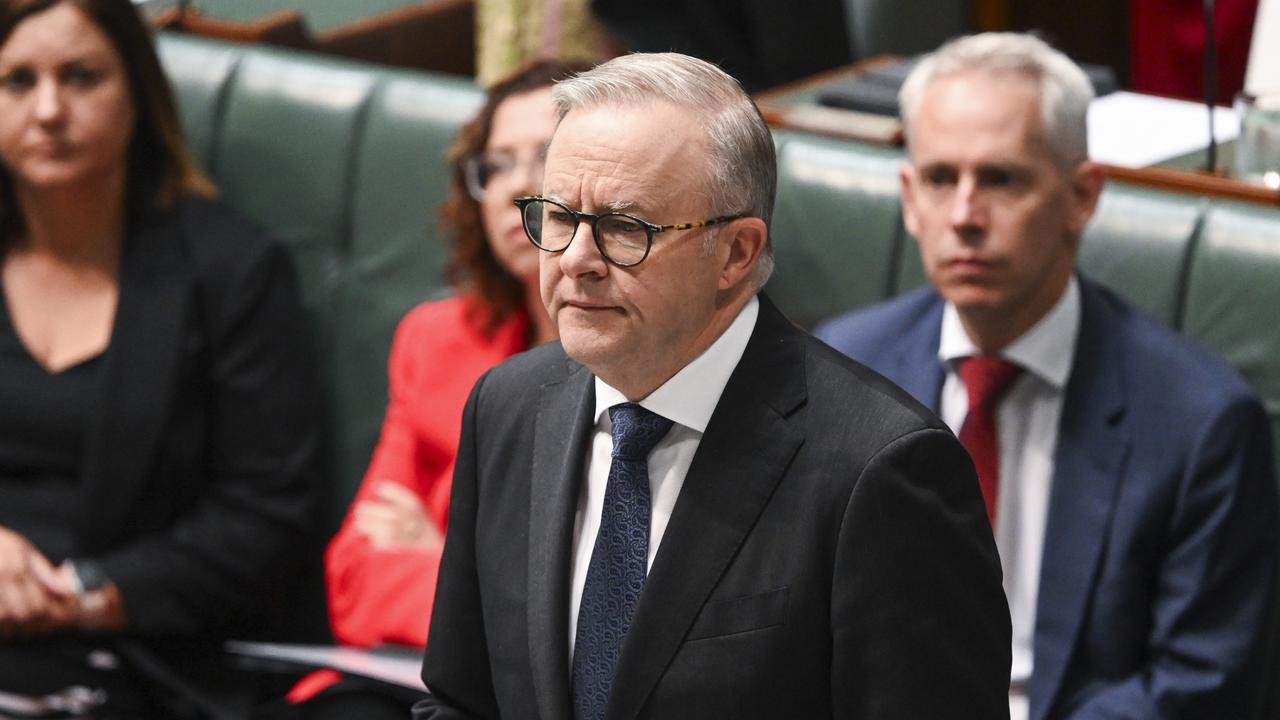

In 1961, Australian obstetrician Dr William McBride made the link between thalidomide use in pregnancy and birth defects in a letter published in the medical journal The Lancet.
But it was not until August 1962 that the Australian government formally banned the import of thalidomide.
Some doctors even continued prescribing it until 1963.
Not every country was as negligent.
The US refused the drug seven times, saying more studies were needed.
“The Australian government’s culpability started in 1960 when they allowed the drug to come onto our shores untested,” Ms McManus said.

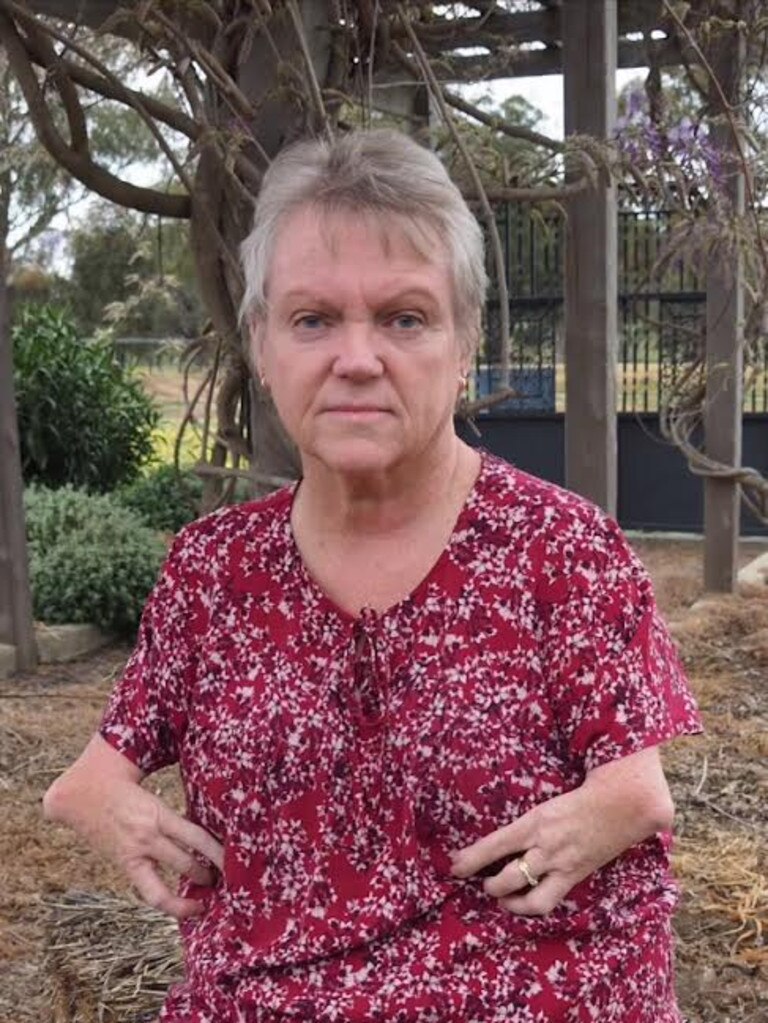
“Eighteen months later the distributors and manufacturers of the drugs wrote letters outlining links between deformities and mothers taking these tablets.
“For another nine months the government did nothing.
“I was conceived and damaged by thalidomide during the time the government sat on their hands and did nothing.”
Ms McManus admits she fared better than some other survivors.
For starters, her family showered her with love. Her parents were determined to give her as normal an upbringing as possible.
Growing up in a small country town, she was somewhat protected by some of the bullying other survivors experienced.
She studied psychology and married the boy next door. Her best mate since she was 11 years old, with whom she now has two children.
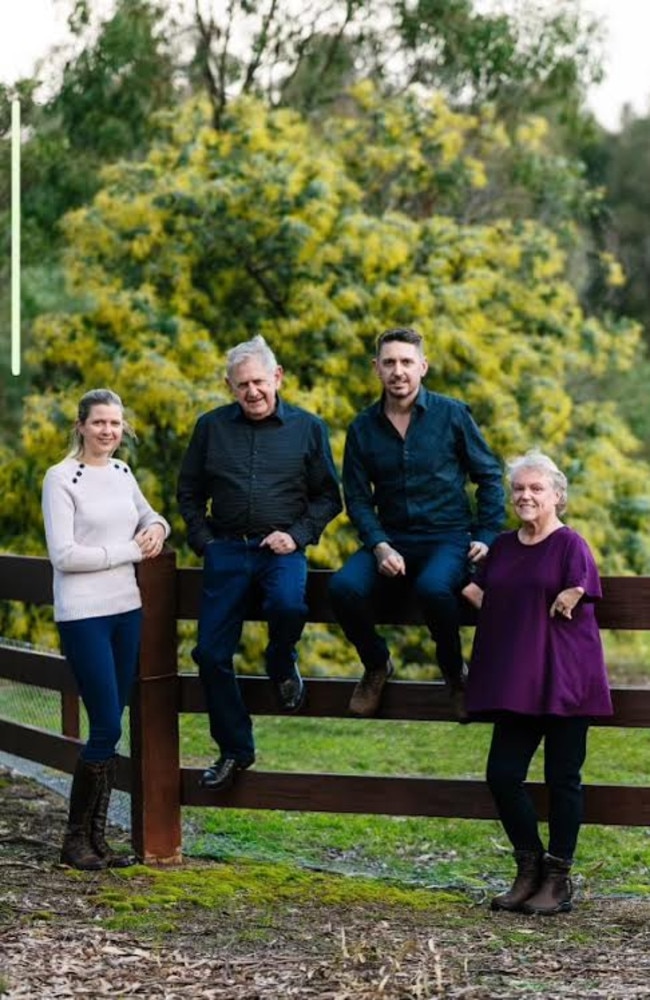
“What knocked me was so many opportunities were closed,” she said. “I didn’t have an open book.”
Some thalidomide survivors say they were openly rejected by their parents.
UK writer Louise Medus was one of the last babies born with the effects of the drug thalidomide.
She wrote in her memoir No Hand to Hold & No Legs To Dance On: A Thalidomide Survivor’s Story that her father “fainted with shock when I was fully revealed and blurted out: ‘Surely you’re not going to allow a child in this state to live’” before sending her to live in residential care.
‘Lifetime of pain’
For the Griffits family, three babies died from the deadly drug.
Ken Griffits told news.com.au the impacts of thalidomide caused a “lifetime of pain” for his family.
His older brothers, who were twins, died in February, 1963, that year in November, his twin sister was stillborn.
“When my mother was released from hospital doctors told my dad to get her pregnant as quickly as possible to help her get over the loss of the boys,” he said.
While he survived and didn’t suffer obvious physical deformities, most of his joints did not form properly, ensuring he couldn’t do basic things like catch a ball or play any sport.
Griffits said he is still very “angry”.
“Angry at the bullying, angry at my mother’s life being ruined, angry to have lost siblings.”
What has he learnt?
“People can be horrible and human beings are incredibly resilient,” he said.
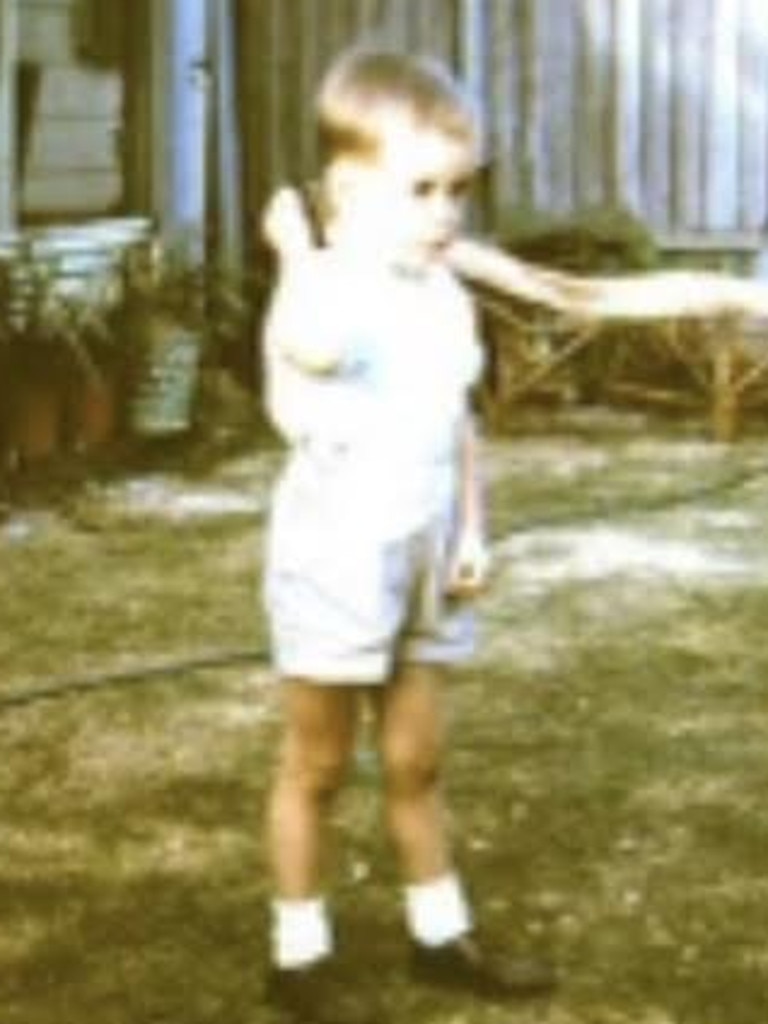
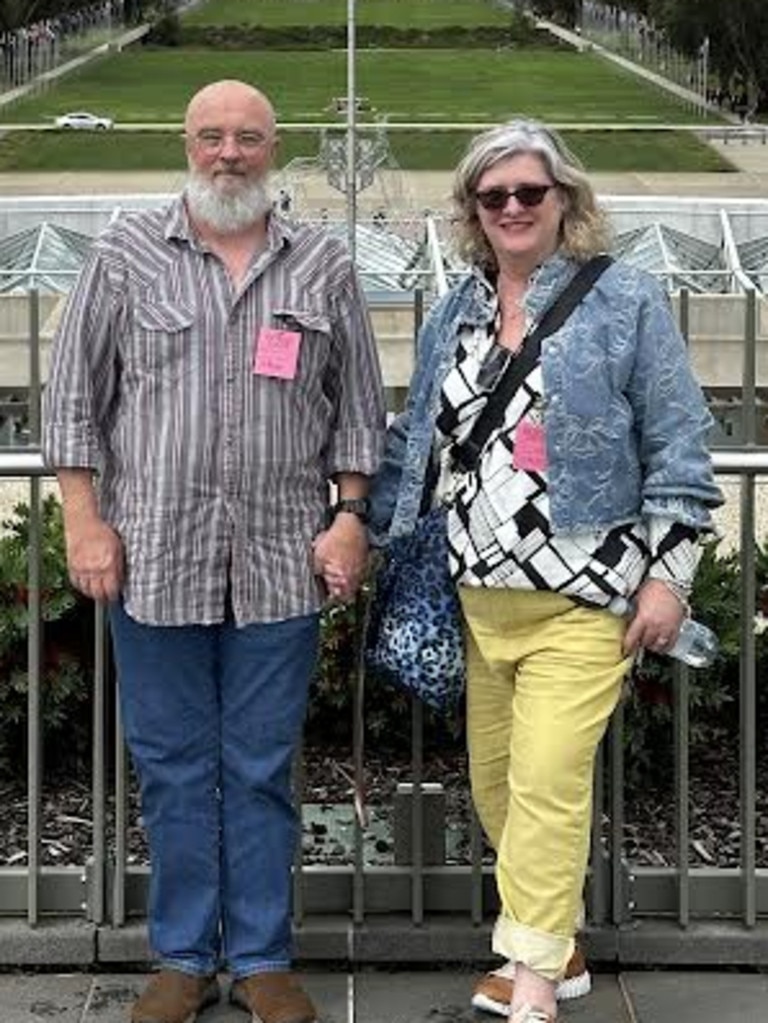
When Mr Albanese apologised, he spoke about the “ripple” effect of thalidomide.
One mother, Beryl, wrote on the Thalidomide Group Australia that not a day went by where she didn’t feel guilty.
“After my daughter’s birth with each bad or sad thing that happened to me in life I wondered if I was being punished for taking those tablets,” she wrote.
“I am 91 years old now … and I still wonder,” she said, adding she “loved” her daughter from the moment she saw her and is “so very proud of her”.
Legacy of thalidomide
If there is anything good to have come from the scandal, it is that thalidomide changed the way medicines were tested and approved in Australia, eventually resulting in the Therapeutic Goods Administration.
Dr Christopher Rudge from the University of Sydney’s Law School told news.com.au the scandal was an “essential part in the narrative of the history of drug regulation in Australia”.
He said it was a tragedy that drug “standards were so low” the company could not be held accountable.
“Drug regulation was so very scant and effectively non-existent in the 1950s and 1960s,” he said.
“Thalidomide changed drug regulation forever.”
Professor Jason Roberts, a clinical pharmacist from the University of Queensland told news.com.au it now takes around two billion to bring a new drug on the market, mainly due to the safety testing.
“That’s the legacy of thalidomide,” he said.
carla.mascarenhas@news.com.au



